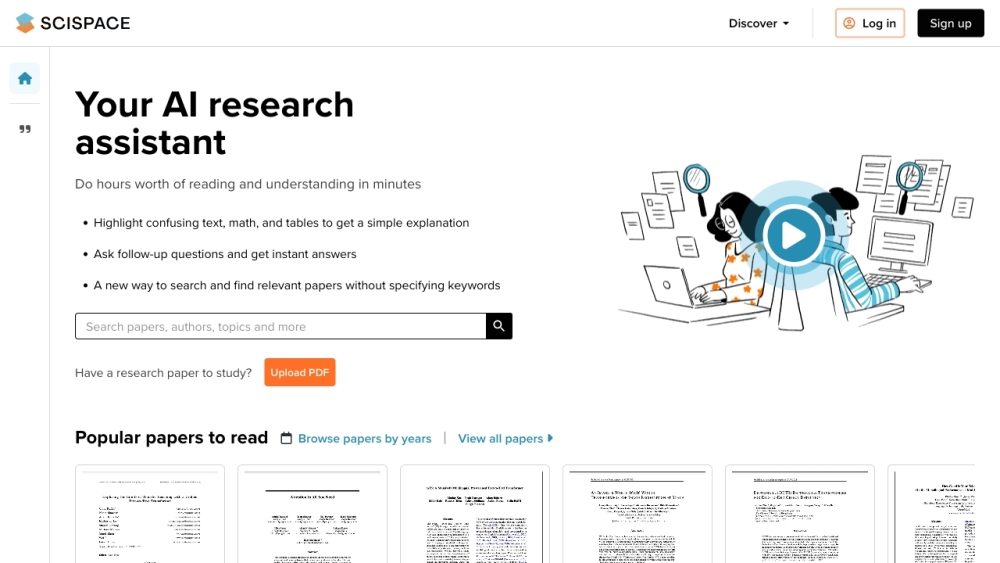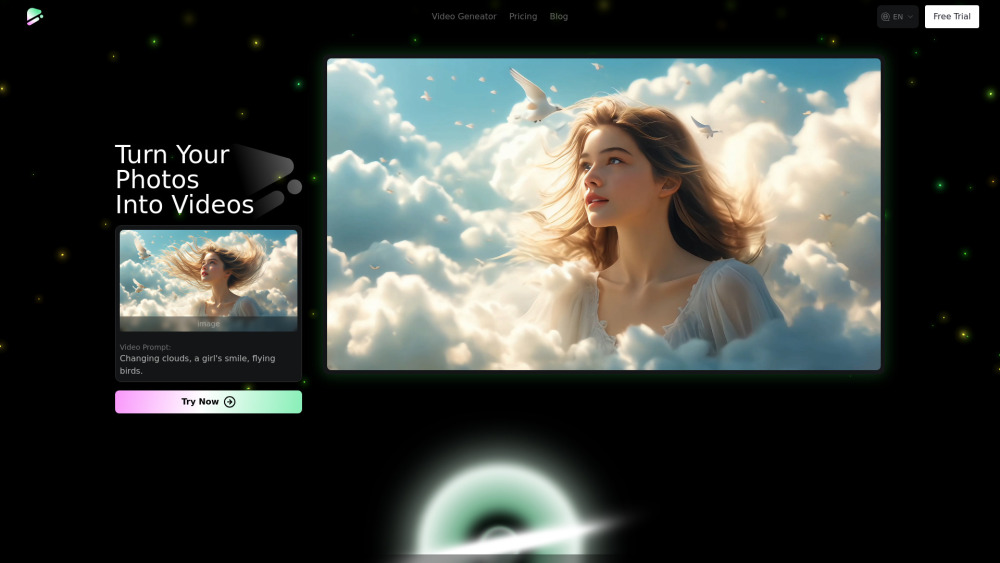A collective of 200 musicians has released an open letter urging tech companies and developers to refrain from undermining human creativity through AI music generation tools. This remarkable list of signatories reads like a lineup for a premier music festival, featuring renowned artists such as Billie Eilish, the Bob Marley estate, Chappell Roan, Elvis Costello, Greta Van Fleet, Imagine Dragons, Jon Bon Jovi, the Jonas Brothers, Kacey Musgraves, Katy Perry, Mac DeMarco, Miranda Lambert, Mumford & Sons, Nicki Minaj, Noah Kahan, Pearl Jam, Sheryl Crow, and Zayn Malik, among others.
The letter warns, "When used irresponsibly, AI poses significant threats to our privacy, identity, music, and livelihoods. Major companies are utilizing our work to train AI models without our consent. For many musicians, artists, and songwriters struggling to make a living, this could be devastating."
The concerns raised by these artists are valid. AI models that generate music, artwork, and writing rely on extensive datasets of existing works, and attempting to exclude one's work from these models often proves fruitless. It's akin to an artist trying to prevent their music from being pirated—unrealistic and overwhelming. The technology has advanced to the point where creating convincing deepfakes of popular artists is already possible, and progress is only set to continue.
While some companies, like Adobe and Stability AI, are exploring AI music generators that rely on licensed or royalty-free music, the impact on artists remains troubling. Those who create scores for advertisements or other licensed music may still feel the negative repercussions.
Historically, technological advancements have not favored musicians. The rise of file-sharing made music easily accessible for free, and while streaming was introduced as a remedy, it hasn't satisfied artists. The Union of Musicians and Allied Workers (UMAW) has long advocated for better streaming payouts, revealing that artists estimate Spotify's average streaming royalty rate to be approximately $0.0038, or less than a fourth of a cent. This ongoing disparity naturally breeds skepticism toward emerging technologies.
Writers are also voicing their concerns over generative AI. In July, over 15,000 authors, including James Patterson, Michael Chabon, Suzanne Collins, and Roxane Gay, signed a similar open letter directed at the CEOs of OpenAI, Alphabet, Meta, Stability AI, IBM, and Microsoft. They expressed, "These technologies imitate and regurgitate our language, stories, styles, and ideas. Millions of copyrighted books, articles, essays, and poems serve as ‘food’ for AI systems, with no payment in sight."
Despite the pushback, tech companies appear unresponsive. You can still engage with ChatGPT, requesting it to produce content in the style of Margaret Atwood. Though the results may not capture the depth of her work, they highlight the fact that the AI has absorbed elements of "The Handmaid’s Tale" and can generate a compromised version. Complicating matters, copyright law currently lacks the sophistication to address generative AI, rendering legal avenues largely ineffective.
"This assault on human creativity must cease," the musicians’ letter emphasizes. "We need to safeguard our rights against the predatory use of AI that steals the voices and likenesses of professional artists and threatens the music ecosystem."
Beyoncé's new album 'Cowboy Carter' takes a stance against AI music.
Thousands of authors rally together to urge AI creators to stop book theft.






